Anti-Zionism contents removed from Saudi school textbooks amid signs of rapprochement
A new report has revealed that Saudi education authorities have ordered the removal of significant amounts of anti-Zionist and anti-Israel material from textbooks for the coming school year, in a clear sign that the ultra-conservative kingdom is working on full normalization with Israel.
IMPACT-se, a research institute based in occupied Jerusalem al-Quds that analyzes school textbooks and reviews educational material, said in a report that the books no longer include the narrative that Muslims and Jews would fight each other in a war and the Muslims would kill all the Jews. That story served as a foundation for much of the anti-Israel attitudes in Saudi Arabia, and was in the curriculum for decades.
A classic trope that was included as late as 2019 and stated that Jews, identified as “Zionist forces,” use villainous methods, including money, women, and drugs to achieve their ends and control the world has also been dropped.
Moreover, a chapter called “the Zionist danger,” which delegitimized Israel’s right to existence and dealt with the regime’s plot to expand its territory from the Nile to the Euphrates has been removed as well.
Saudi officials are gradually changing public attitude toward Israel, laying the groundwork for a process that could culminate in full bilateral relations.
On November 23, a member of Benjamin Netanyahu’s cabinet and Likud party confirmed reports that the Israeli prime minister had flown to Saudi Arabia for a clandestine meeting with Crown Prince Mohammed bin Salman and US Secretary of State Mike Pompeo.
Earlier in the day, Israel’s Kan public radio and Army Radio said Mossad chief Yossi Cohen also attended the meeting.
The meeting marked the first known encounter between senior Israeli and Saudi officials, amid attempts by Pompeo to coax the Riyadh regime to follow its neighbors, the United Arab Emirates (UAE) and Bahrain, in establishing formal diplomatic relations with Israel.
Following the September 15 signing of US-brokered agreements on normalization between Israel and the UAE and also Bahrain, President Donald Trump announced on October 23 at the White House that Sudan and Israel had also agreed to normalize relations.
Trump sealed the agreement in a phone call with Netanyahu and Sudanese Prime Minister Abdalla Hamdok and Chairman of the Sovereignty Council Lt. Gen. Abdel Fattah Abdelrahman al-Burhan, senior US officials said.
Sudan’s acting Foreign Minister Omar Gamareldin, however, later said the accord will depend on approval from its yet-to-be formed legislative council.
It is unclear when the assembly will be formed under a power-sharing deal between the African country’s military officers and civilians.
Morocco, in a deal brokered by Trump’s outgoing administration, became the fourth Arab state this year to strike a normalization deal with Israel.
As part of the agreement with Morocco announced last week, Trump agreed to recognize Morocco’s sovereignty over Western Sahara.
Algeria, however, rejected Trump’s stance, saying the step would undermine efforts to end the decades-long conflict over the desert territory.
The normalization deals have drawn widespread condemnation from Palestinians, who seek an independent state in the occupied West Bank and Gaza Strip, with East Jerusalem al-Quds as its capital. They say the deals ignore their rights and do not serve the Palestinian cause.
Mother’s Day: Sareh Javanmardi’s inspiring journey as Paralympic champion and mother
Russia downs over 40 Ukrainian drones as Putin vows 'destruction' on Kiev
VIDEO | Yemen: A bone in Israeli neck
D-8’s role in Iran’s economy after Cairo summit
China slams US as ‘war-addicted’ threat to global security
China ‘firmly opposes’ US military aid to Taiwan
VIDEO | Press TV's News Headlines
President Yoon Suk Yeol to be removed from office


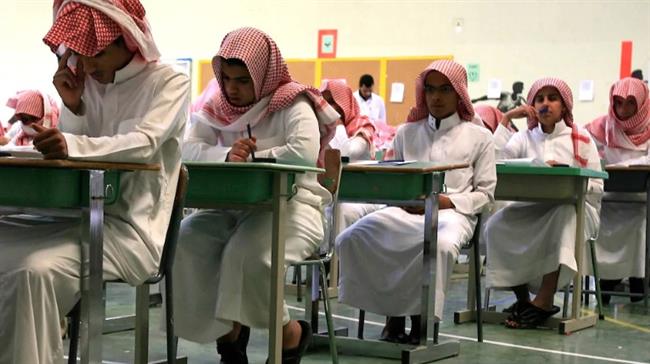









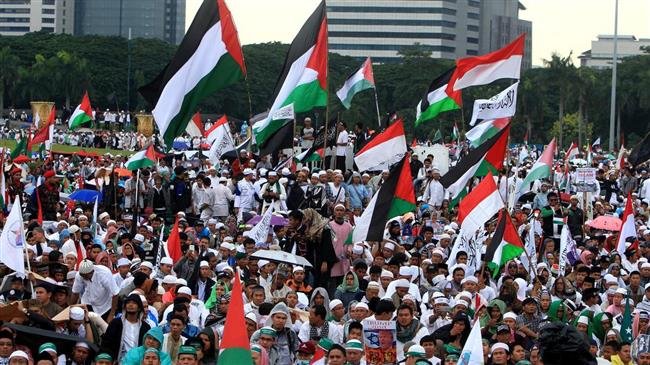
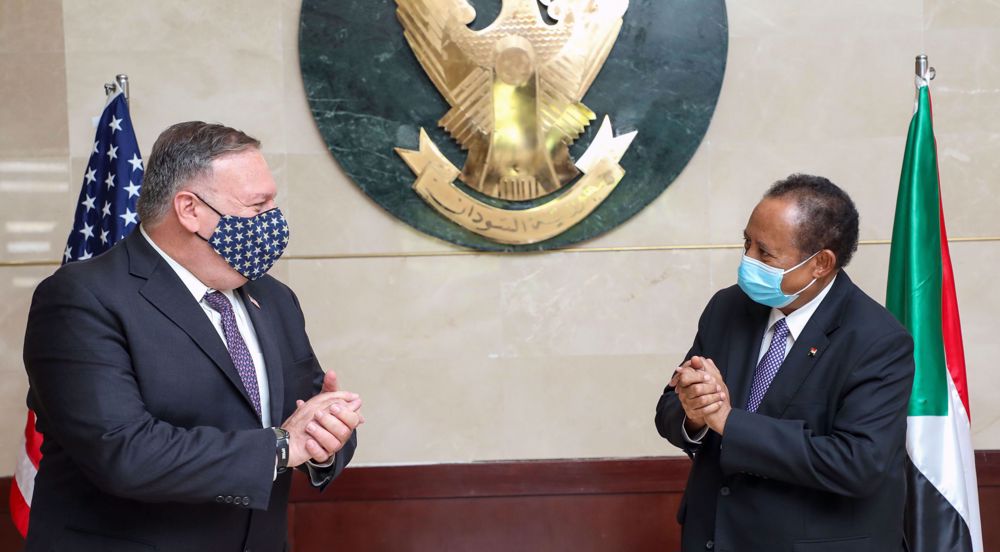
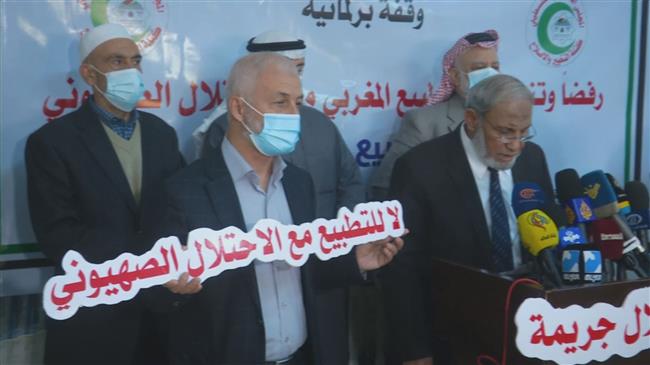
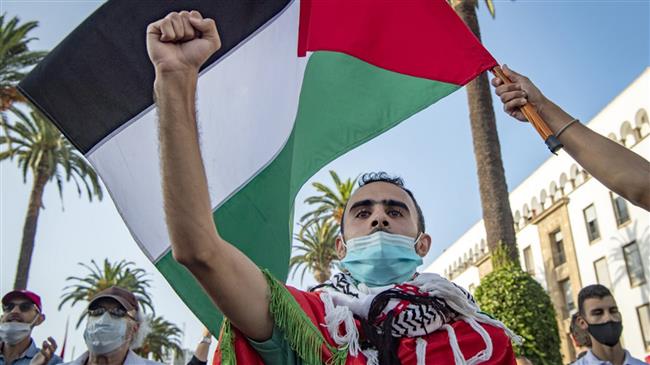
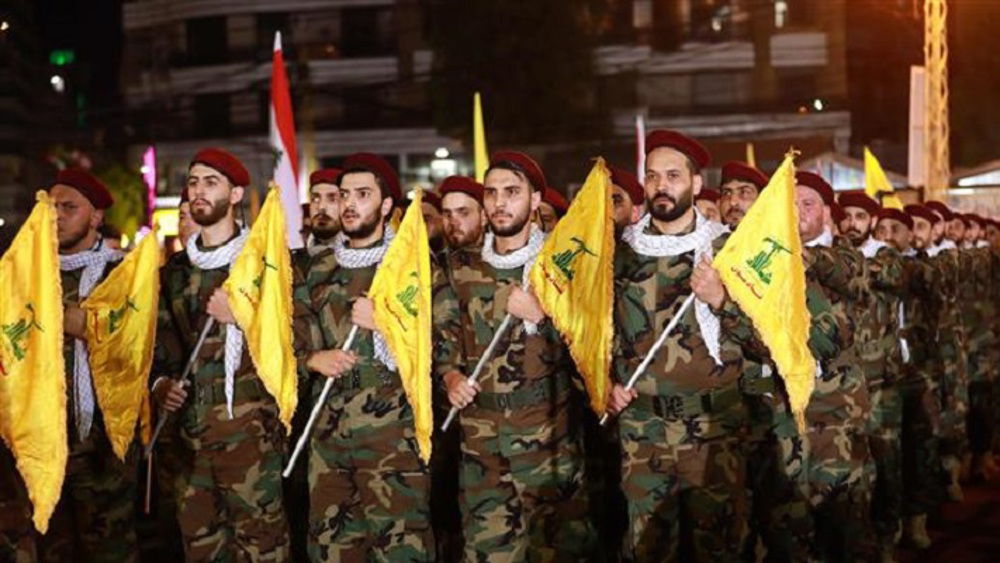
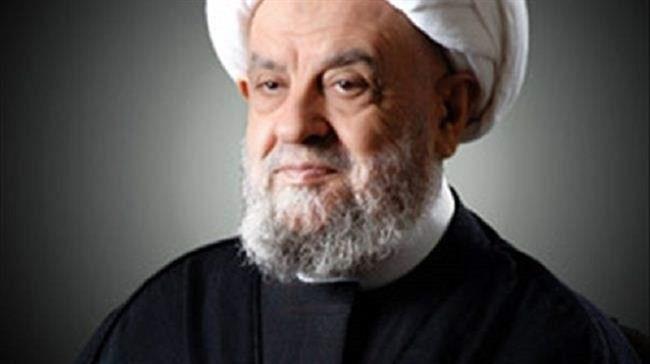
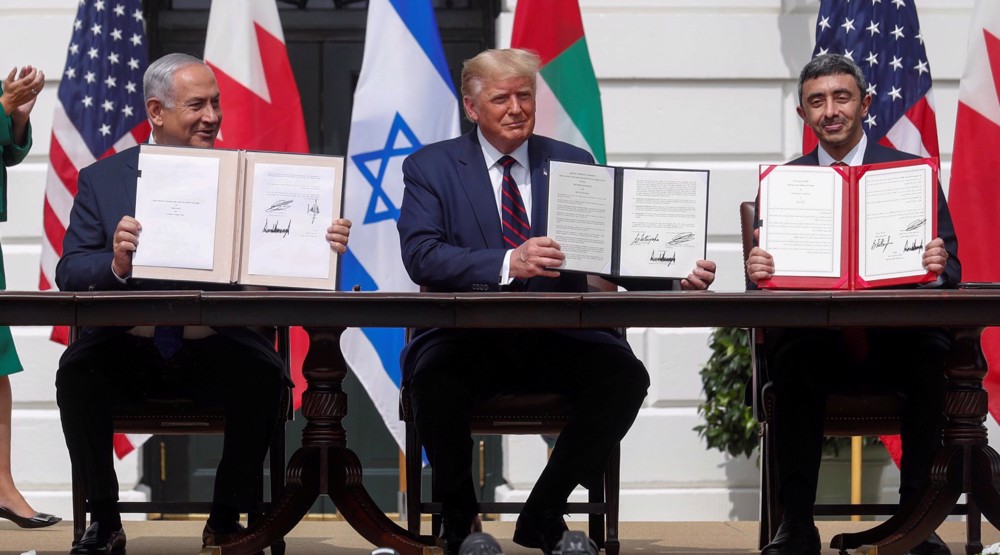
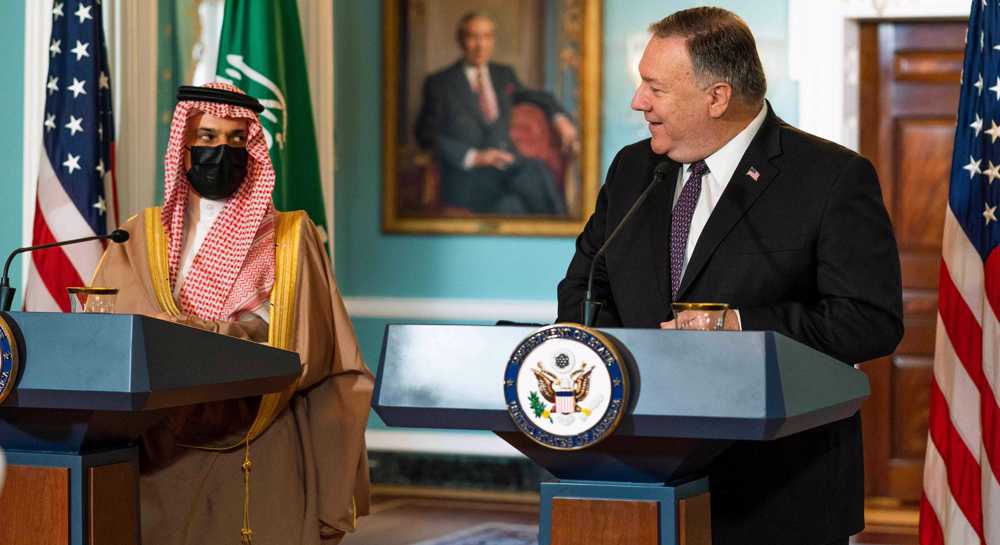
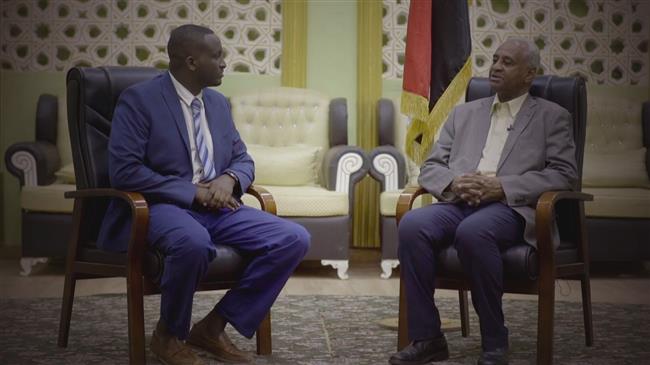

 This makes it easy to access the Press TV website
This makes it easy to access the Press TV website